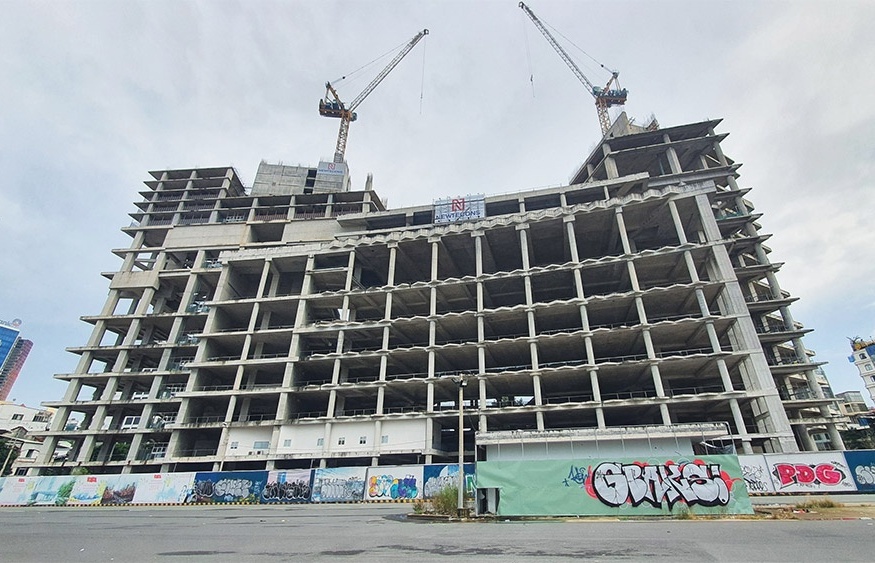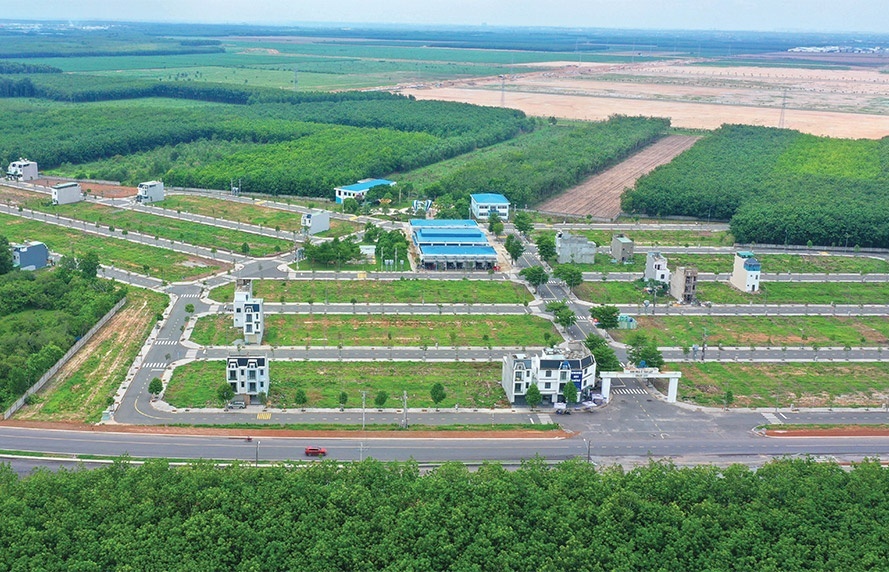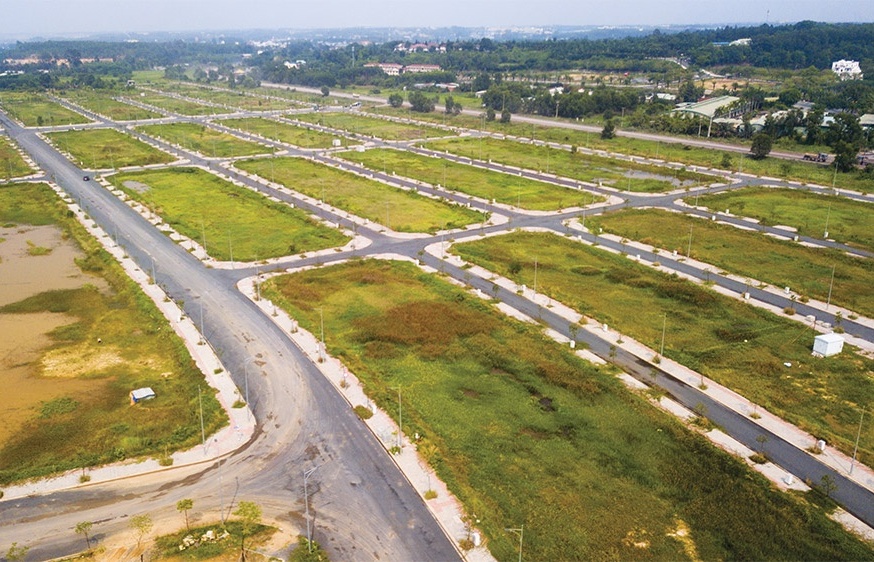MoC eyes tax remedy for property speculation
 Pham Van Khanh, the head of the Construction Economics Department at the Ministry of Construction, tells VIR how a high property tax could help reduce speculation in the property market.
Pham Van Khanh, the head of the Construction Economics Department at the Ministry of Construction, tells VIR how a high property tax could help reduce speculation in the property market.
Why has the Ministry of Construction (MoC) proposed that the government introduce a high property tax and revise personal income tax towards property transfer?
Tax is a state management tool. Countries around the world have used that vehicle very effectively. Vietnam has levied high tax rates on areas in which the state does not encourage investment for market moderation and management.
The implications of property speculations for the market have been apparent in the past years. Enormous amounts of capital poured into property have remained idle due to project delays and have not been able to generate any added value. Meanwhile many other areas face critical capital shortages. Hence, solution packages are needed to shift this idle capital source into production and trading areas to create jobs, raise workers’ incomes, boost product consumption and propel economic development.
Imposing high tax rates on property transactions would help slash speculation and hoarding practices and reduce housing prices, thus making it easier for real homebuyers to purchase properties.
How would property trading be taxed?
In its proposal to the prime minister, the MoC has revealed its views. Tax imposition should depend on actual market conditions and different types of property traders. Nonetheless, assessing the tax rates which would effectively fight speculation depends on several other factors.
How can we reduce tax evasion once property trading is taxed?
When a law is applied, many people will try and get around it. Lawmakers should foresee the situation to limit that practice. Tracing tax evasion is not hard. Property management should be made open and transparent to keep tax payment under control.
What solution packages besides taxes will the MoC apply to ensure effective property market management?
In the coming period, the MoC will continue to revamp the legal system on housing and property trading; continue reviewing and checking ongoing housing construction projects; oversee the implementation of annual, five-year and long-term housing development plans and urge local governments to push up programmes on housing for students, industrial zone workers and low-end residential blocks in urban and rural areas.
In addition, efforts will be made to draft and submit to the government a house rental project with priority given to development of social housing projects for lease and a housing saving funding project.
The MoC will also work with the Ministry of Planning and Investment and local governments to develop a housing database servicing policy planning and state housing and property market management.
What the stars mean:
★ Poor ★ ★ Promising ★★★ Good ★★★★ Very good ★★★★★ Exceptional
Related Contents
Latest News
More News
- Trump's trade policies could shape Vietnam's economic outlook: Dragon Capital (November 15, 2024 | 16:56)
- The One Destination partners with Singapore investor and institutional fund to build ESG real estate complex (November 11, 2024 | 10:32)
- Stabilising measures must sit alongside land price hikes (November 07, 2024 | 09:56)
- CapitaLand Development records strong bookings for Orchard Hill (November 07, 2024 | 08:19)
- Public transport and real estate: The rise of Transit Oriented Development (November 05, 2024 | 15:06)
- Funding flows to second-tier localities (November 03, 2024 | 15:24)
- Hanoi has long road to travel in becoming a smart city (November 03, 2024 | 15:00)
- Nam Long Group hands over keys to Akari City Phase 2 (October 30, 2024 | 18:29)
- KTG Industrial expands industrial footprint at Taitronics 2024 (October 29, 2024 | 14:46)
- Deal signed for sustainable development at Prodezi Eco-Industrial Park (October 26, 2024 | 10:02)




 Tag:
Tag:




















 Mobile Version
Mobile Version